DJI and Autel Robotics, two Chinese companies, could be barred from selling new drones in the U.S. market, Reuters reported on Dec. 9. The 1,800-page Bill says US national security agencies must determine within a year whether the companies’ drones pose an”Unacceptable national security risk”.
The United States has always known it couldn’t live without DJI, and the company has long said its products have passed independent security audits and expanded its privacy controls. But in the eyes of US politicians, none of these efforts seems worth mentioning.
Why did the US fail to sanction Dji many times? If we lose Dji, what will we lose?
Without the US, DJI remains the world’s largest drone manufacturer. But without DJI, the United States would face even greater losses.
First, DJI has achieved an absolute monopoly on civilian uavs worldwide. In the United States, the market share is more than 80% . It has a 58% share of the U. S. commercial drone market and is often used by U. S. law enforcement agencies.
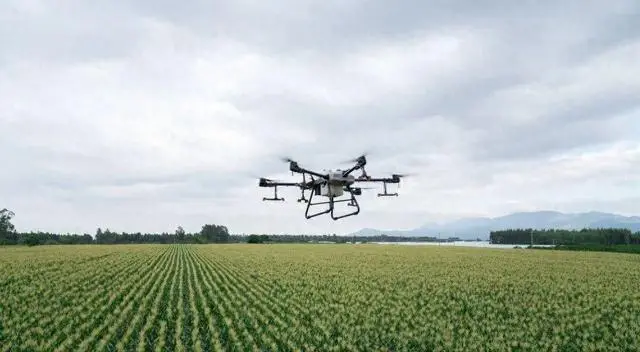
U. S. market with DJI UAS the same configuration of the product is generally DJI UAS 3-4 times the price, performance is not comparable. A DJI ban would sharply increase the cost of drone vacancies in these sectors and would cause problems for many public services and industries in the United States.
The U.S. government may not know how fragrant DJI’s drones are, but the U.S. police and military do. The security of the United States we should have heard of, often see zero dollars in the news to buy the phenomenon.
This, coupled with the fact that many Americans carry guns, makes American police one of the most dangerous jobs. It is also for their own safety considerations, the United States police will be more impulsive, due to negligence lead to suspect casualties. But with drones, tracking and observing criminals and developing rational responses can minimize police casualties.

So if DJI is banned, the first to complain may be the American police. Because it could increase their risk many times over.
American military drone models often cost as much as zero. DJI’s drones, by contrast, cost anywhere from a few hundred dollars to a few thousand dollars. It doesn’t smell too good.
Carry out some dangerous patrol tasks, was down also not distressed. The U.S. military knows that DJI’s drones offer significant value for money, but in certain circumstances they inevitably choose to use them.
In addition, whether it is agricultural spraying, public security, or disaster relief, university research and even some military applications are inseparable from DJI products. DJI’s market share in these areas has long exceeded 90% .
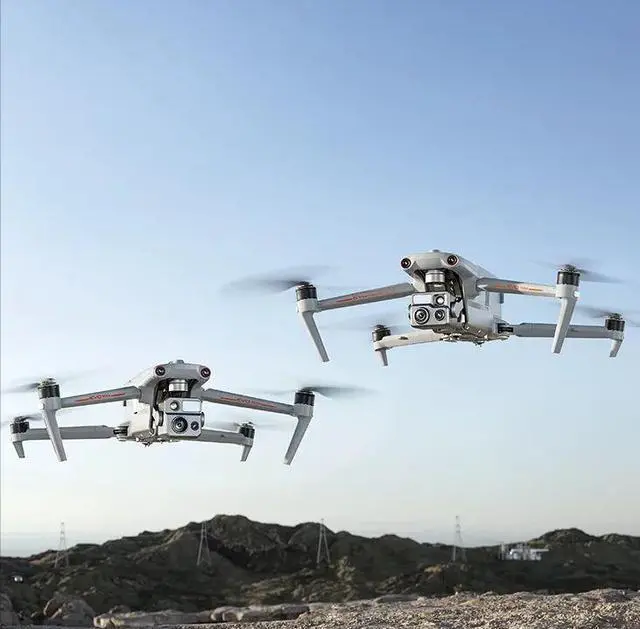
To make matters worse, DJI drones are used by government departments in all 50 states, while 41 states rely directly on them for efficient drug spraying.
Think about it. If Dji were suddenly banned, wouldn’t productivity in these areas be cut off?
That is why, on August 7th, plans to ban chinese-made drones were 2024 by the US military, police, rescue teams and farmers.
I saw a video from tiktok earlier. Originally, the US military banned the purchase of DJI drones, but the US military rented the DJI drones to use, because renting is not buying, ah, the loan came to reference performance and also fattened the loan company.
If the United States continues to struggle, DJI’s advanced equipment is not sold to the United States, then the United States’ drone industry faces a problem is the risk of industry retrogression.
The United States can not lose Dji
Of course, the United States has imposed sanctions on DJI five times in the past, all of which have failed. The United States is making a comeback, and if China resists, it could cripple its own drone industry.
If the United States sanctions DJI, the first is to make room for the domestic drone market. skydio claims to be the largest drone manufacturer in the United States, but its global market share is only 5% to 6% , both in terms of technology and production capacity, it’s a far cry from DJI, but the company is a major supplier to Ukraine, where skydio’s products have been lambasted by Ukrainian soldiers as“Expensive and rubbish”, often bad and very bad, under the Russian interference, often out of control and even unable to take off! Their products, put in China, let alone with DJI, even if randomly find a Jiangsu, Zhejiang, Guangdong drone company, rub out products than their cost-effective, large-scale shipments.
Not long ago, the largest U. S. drone manufacturer was unable to produce a single drone because of sanctions.
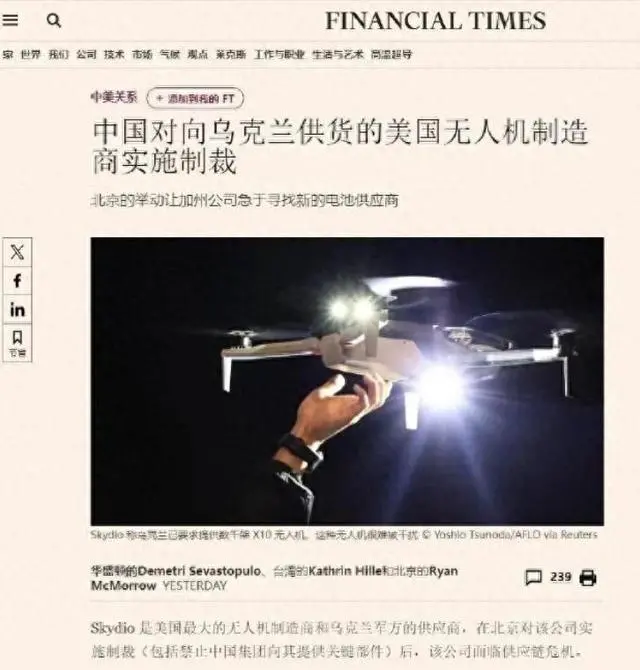
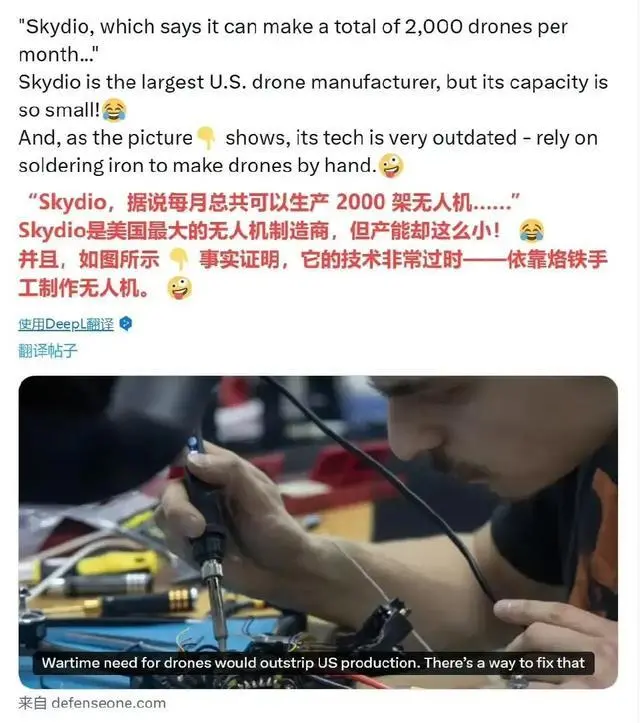
DJI is the leader of the UAV industry chain, the entire core of which is in China. Of course, it also supports many parts manufacturers in the US supply chain, qualcomm, for example, provides its main control chip and power management chip. Ambarella provides the key chip for image transmission. Texas Instruments offers core batteries, radio signal processing and noise cancellation chips. Qorvo provides radio signal processing and noise cancellation chips. Intel provides facial recognition, gesture recognition, and assisted landing chips. Invensense and Adi semiconductors provide flight gyroscope chips. If Dji is banned from the US market, then DJI components makers in the US are likely to suffer a big hit to their revenues.
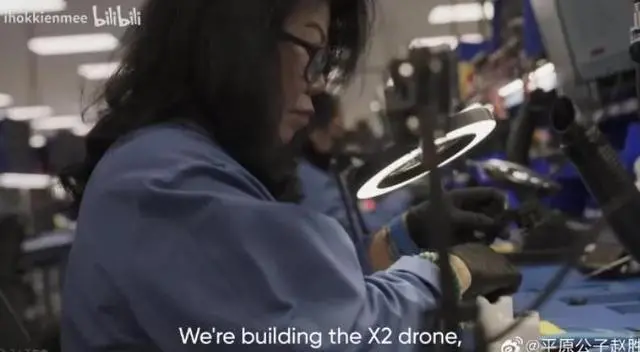
If the United States bans sales, DJI may stop using parts from the United States and replace them with home-made parts. Currently, 70 percent of DJI’s chips are made in China. DJI also has homegrown alternatives for parts that use American components.
On the one hand, China may cut off parts to the US. The Chinese government is expected to tighten export controls on key components of drones, such as motors, batteries and flight controllers, as early as January, according to Bloomberg. The move immediately caused anxiety in Washington.
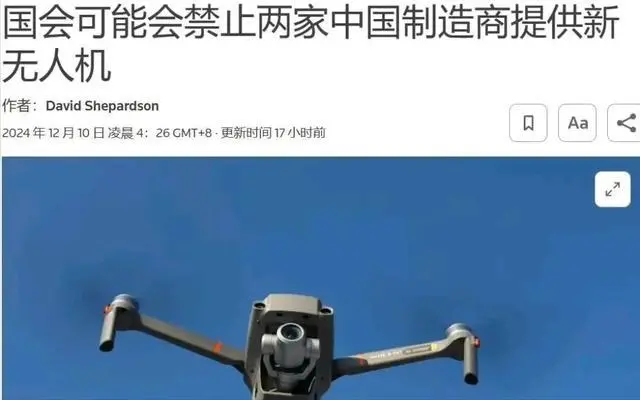
The State Department and Commerce Department have begun contacting affected companies to try to find alternative suppliers. The problem is that it is unlikely to find an alternative to China’s supply chain any time soon. If it did, there would be no room for DJI in the United States.
So if there are counter-sanctions, it could be a huge blow to the U. S. drone industry. What’s more, DJI has a large number of patents in the field of UAV, as many as 5,000 pieces, after years of technology accumulation. In other words, if you want to develop uavs, particularly difficult, dji these patents are unavoidable.
Secondly, DJI’s biggest asset is not the so-called component-to-price ratio. If you install the same parts and components, you won’t be able to install a DJI drone, just like Tik Tok’s biggest asset is its recommendation algorithm, dJI’s biggest assets are in fact Tripod head, graphics, flight control, obstacle avoidance and other algorithms, which are DJI’s core technology.
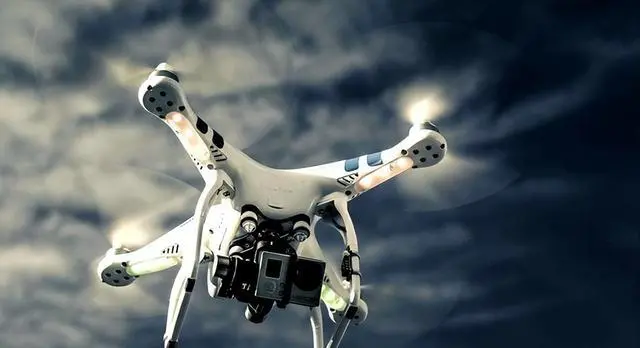
If the US were able to match dji at 70 per cent, DJI would either sell or exit the US.
The US is now caught in a paradox. On the one hand, they are trying to block Chinese drone companies; on the other, they can not give up their dependence on Chinese manufacturing.
So why bother with sanctions when the US already knows it can not do without DJI’s drones?
One quip was that the American sanctions were designed to make Commissioner Smith pay the difference, to prevent the two companies from selling directly in the United States, but, through Commissioner Smith, only a shell company had to be set up in the United States, direct internal bidding to get the project, with the project permit, Smith Commissioners go directly to China to purchase the finished product, the price plus a zero, can sell it? Sure.
Therefore, sanctions can not be, some interest groups in the United States is to get some benefits, but also as a bargaining chip. The sanctions imposed by the US government on DJI have never stopped, but they have never been put in place. It is likely that the same result will be achieved this time, because the use and penetration of drones in DJI has entered every aspect of American life, it can not be easily cut off. You have to cut off, and it involves all walks of life, every aspect of the industrial chain, new users in all areas do not agree.
Of course, DJI, as an enterprise that is more difficult to sanction than Huawei, actually provides a model and inspiration for many of our enterprises to go to sea. Can you live without others, but others have to do it without you, moreover, the core technology and competitiveness are firmly in one’s own hands and are not constrained by others. This may be the sign of a strong enterprise, and it also determines whether an enterprise can survive in today’s international environment, the ability to be global.